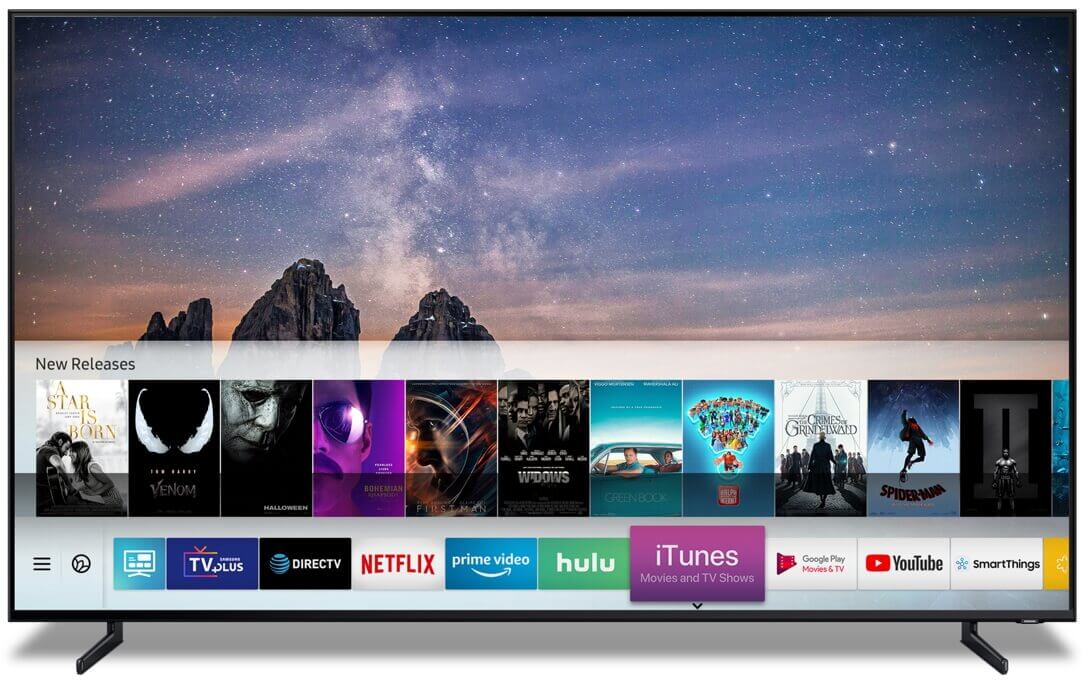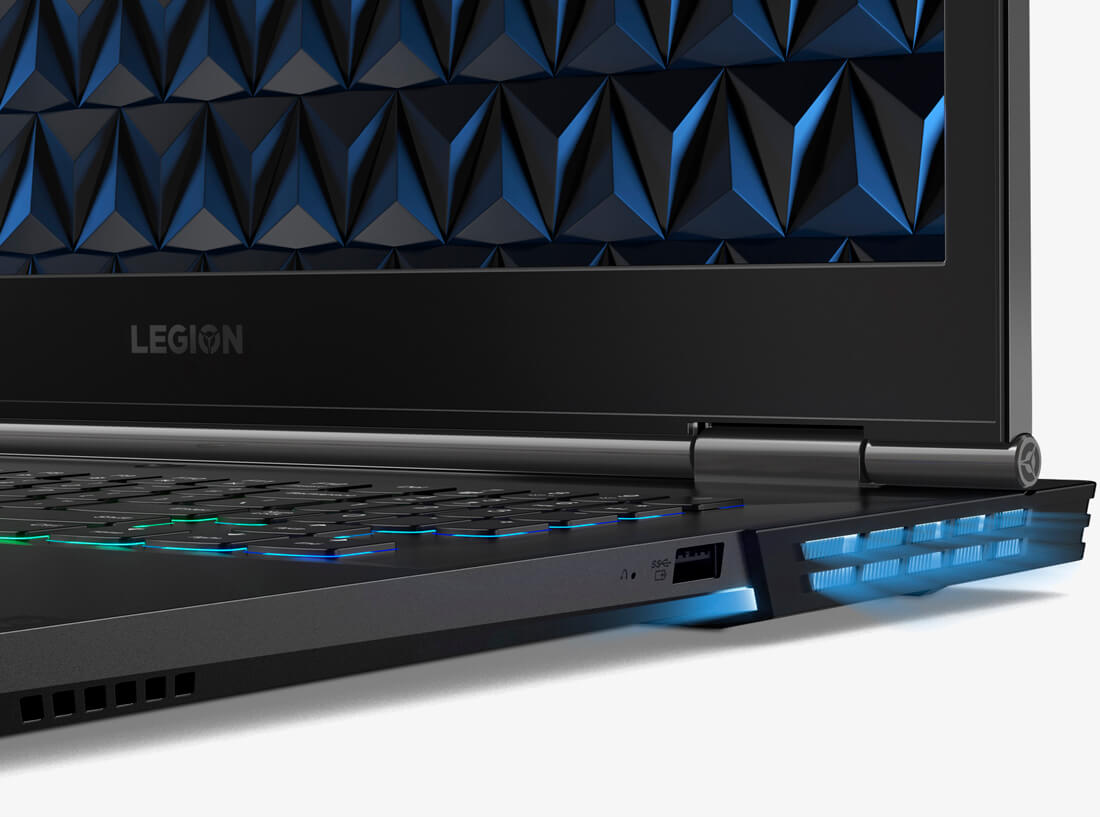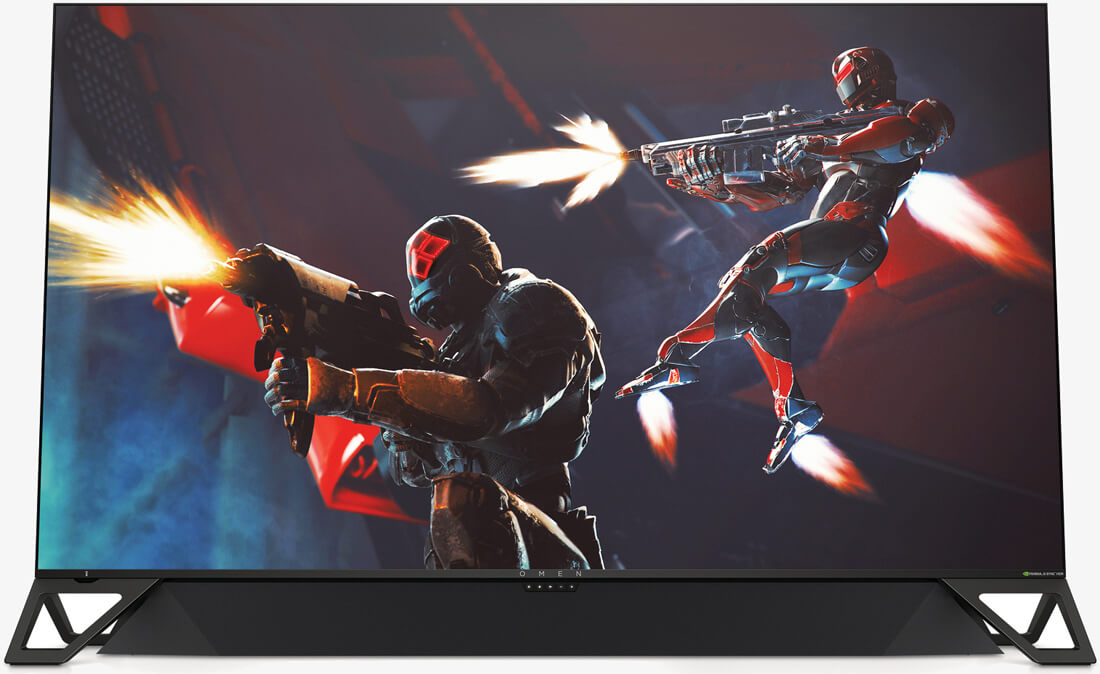In context: After years of gadgets, drones and other gizmos grabbing the headlines, a lot of the big announcements from this year’s show are coming from some of the oldest categories: TVs and PCs. To be sure, there are plenty of interesting (and odd—smart toilets, anyone?) products on display at this year’s CES, but there are a surprisingly large number of news announcements and important speeches from many TV and PC vendors.

Admittedly, most of the news on the TV and PC side is more evolutionary and not really breakthrough, but frankly, that’s the state of the consumer electronics industry overall these days. In addition, as with most categories, there was a great deal of discussion about the integration of AI into these “traditional” devices, demonstrating how the concept of artificial intelligence really is reaching across the entire tech industry.
The news cycle for TVs kicked off on Sunday with the surprise announcement that Apple and Samsung were working together to integrate iTunes, HomeKit and AirPlay 2 (and likely its forthcoming video streaming service) directly into new Samsung TVs. It was followed the next day by somewhat similar announcements from LG, Vizio and Sony for their new TVs, with the exception of iTunes, which will remain a Samsung exclusive through this spring.
Essentially, this development means that Apple is offering a software-based solution for providing access to their services and removes the need for consumers to buy an Apple TV box. (Interestingly, it also means Apple is building a Tizen—and likely soon an Android—version of iTunes.) In exchange, Apple gets access to a wide range of current smart TV customers for their video services. It’s a clear example of Apple’s evolution towards a services focus and, thankfully, highlights the company’s willingness to bring those services to devices other than those with an Apple logo.
Samsung's modular micro LED technology at work

As expected, there were a lot of announcements surrounding 8K TVs, but, of course, little content to show for it. (Heck, it’s still hard to find much 4K content—but the new Apple integration with smart TVs will include support for 4K, so that should help.)
A wide range of vendors offered an enormous range of sizes for 8K, all of which promised sophisticated upscaling to work with existing 4K content. Thankfully, rather than positioning 8K as a replacement for 4K, Sony only put out 8K TVs that are 85” and larger—bigger than most all of their 4K TVs. So, for them, it’s really just an extension to their screen sizes that also happens to be 8K ready. Unfortunately, most of the other TV vendors weren’t quite as clear on their positioning of 8K vs. 4K.
Finally, though the company had already previewed it last year, LG announced that they would be shipping their roll-up OLED-based TV as a real product this year. No pricing was announced, but the 65” foldable 4K display-based device is expected to be available towards the middle or end of this year.
/cdn.vox-cdn.com/uploads/chorus_asset/file/13673293/backspedup.gif)
Image credit: The Verge
On the PC side, Dell, HP, Lenovo, and Samsung all unveiled their latest laptops and desktops, with a range of offerings that covers everything from low-end Chromebooks, through mainstream consumer and business-focused PCs, up through high-end gaming machines. In fact, there was a particularly strong focus on the gaming side at CES, with some impressive new offerings from several players.
Dell took the opportunity to present their new Alienware Legend design (and latest CPU and GPU offerings) for their Alienware line of products. Long an iconic, though aspirational, gaming PC brand, the latest Alienware offerings include the new Area 51m, the first upgradeable notebook to use desktop CPUs (up to Intel i9) and GPUs (up to Nvidia RTX 2080). For more mainstream gamers, Dell also announced updates to their G line of notebooks (the G15 and G17), both of which offer 8th gen Intel CPUs and Nvidia discrete GPUs. On the premium consumer side, Dell finally (!) fixed the “nosecam” in their otherwise excellent XPS 13 by putting an extremely small new video camera above the screen, yet still kept the extremely small bezels.
From HP, there were several new gaming-focused devices, including the first release of a Nvidia G-Sync format BFGD (Big Format Graphic Display), the 65”, 1440p, $4,995 OMEN X Emperium 65 first demoed last year, as well as updates to its Omen line of gaming notebooks (Omen 15) and desktops (Omen Obelisk).
HP also showed one of the first AMD-powered Chromebooks, the HP Chromebook 14 (Acer announced one as well), as well as a more upscale convertible Chromebook dubbed the Chromebook x360 14 G1. For business users, HP showed a new take on an OLED screen-based notebook (the Spectre x360 15) that promises to offer better battery life than first-gen OLED notebooks.

Lenovo showed several new additions to its Legend line of gaming-focused PCs, as well as a slew of gaming-focused accessories. On the traditional PC side, Lenovo touted some interesting AI features in its latest Yoga machines, such as the Yoga S940, including the ability to filter out ambient audio during online conference calls, and the ability to shift content to connected displays based on where you are looking, amongst others.
In addition to PC updates, Lenovo continued to grow its offerings in the smart home market with the Lenovo Smart Clock, a $79 smart alarm clock with a display—somewhat similar to a mini version of their Smart Home display. Speaking of which, the company also debuted two tablet versions of their smart display, called Lenovo Smart Tabs, that let you carry the screen element around your house like a typical tablet, but then dock into a base station that offers integrated speakers and other features consistent with the standalone Smart Display. With models at $199 and $299, it’s a clever variation on the connected display category that could appeal to consumers looking for more multifunction devices.
Samsung introduced its first ever gaming laptop, the Samsung Odyssey, a further reflection of the growing interest in PC gaming. In addition, they offered new designs for their convertible Notebook 9 Pro and Pen series, the latter of which leverages the same design (and even same color) as the pen from their Note 9 series smartphones. It’s the first time Samsung has shown this level of integration between their different product lines and, hopefully, is a portent of more to come.
There was also big news that’s been announced (and some still to come) from big PC component players. AMD, in addition to securing a highly coveted CES keynote spot for CEO Lisa Su (fresh off a year where the company impressively achieved the status as the best performing stock on the S&P 500), unveiled their second-gen Ryzen mobile CPUs. Expected to be used in both ultrathin and gaming-focused devices (thanks to integrated Radeon GPU cores), the Ryzen mobile parts come in both 15W and 35W versions. AMD also debuted new 7th gen A Series CPUs, powering both the HP and Acer Chromebooks.

Intel, for its part, provided more details on 10 nm CPUs that the company plans to ship in systems by the holidays of this year. Codenamed Ice Lake, the SoC (system on a chip) offers CPU architecture enhancements, significantly improved integrated Gen 11 graphics, as well as Thunderbolt 3, WiFi6, and DL Boost, for accelerating AI functions. One of the first systems to include it will be a future iteration of Dell’s XPS line.
Intel also previewed the first real-world implementation of its Foveros 3D chip-stacking technology in a tiny motherboard platform codenamed Lakefield. Lakefield will incorporate the hybrid architecture Sunnycove CPU design (which features one Core CPU and four Atom CPU cores) the company first mentioned back in December at their analyst day, At their CES press conference, Intel showed more details about the SoC design, as well as a few examples of potential form factors leveraging the new platform.
Nvidia’s big news for the PC market focusing on gaming, with the debut of the $349 RTX 2060, which brings their ray-tracing capable Turing architecture technology down to mainstream price points. The company also discussed more about their GSync efforts (such as with the aforementioned HP 65” gaming display).
All told, it was an impressive display of admittedly incremental, yet still important advances in what continue to be the two largest categories in the consumer electronics world.
Bob O’Donnell is the founder and chief analyst of TECHnalysis Research, LLC a technology consulting and market research firm. You can follow him on Twitter @bobodtech. This article was originally published on Tech.pinions.
https://www.techspot.com/news/78173-ces-2019-big-announcements-tvs-pcs.html